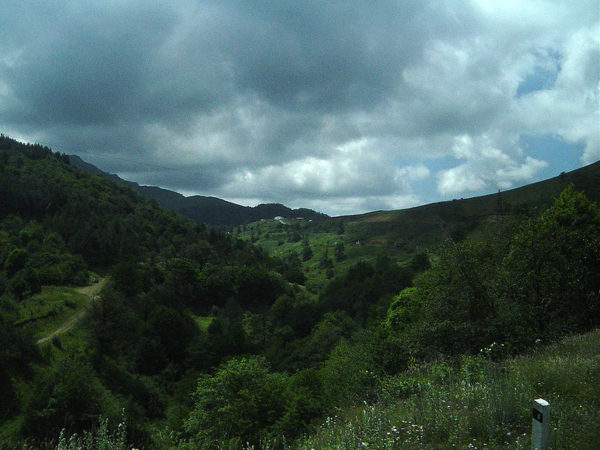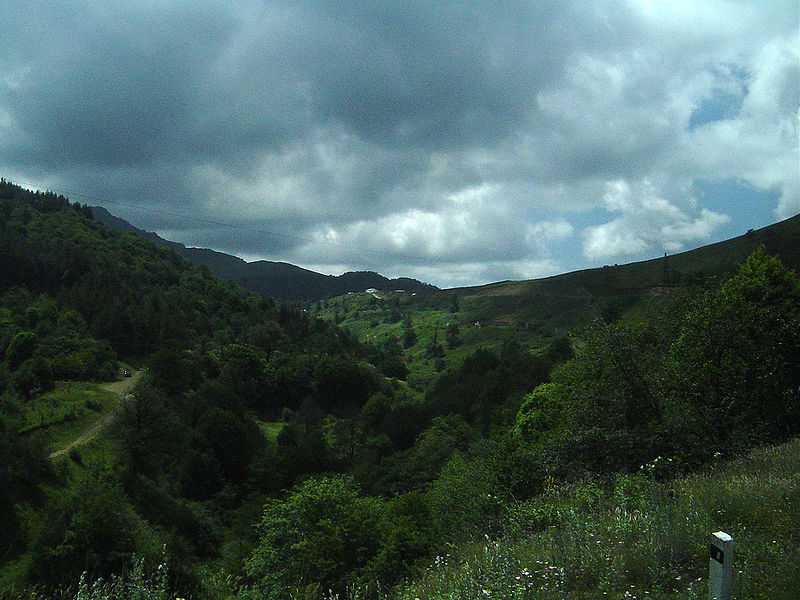A (very) open war in Eastern Europe? Increasingly likely in the medium term

(BRUSSELS2) The “sniper war” in the Nagorno-Karabakh region between Azerbaijan and Armenia, if it is little mentioned (especially in the media), worries (discreetly) the European Union.
During a workshop of the Security and Defense Sub-Committee, the EU Special Representative for the Caucasus, Philippe Lefort, and several experts* sounded the alarm: there is a conflict here that is certainly not frozen, but " whose solution is frozen "while an escalation of violence on the " nip »** there is a strong risk of turning into an open war at the gates of the EU, in the medium term, as the various guests agree. An intense discussion in front of a full room.
Unbalanced balance of power: towards an open war
If for the moment, the risk of an explosion and a transformation into open war seems " control “, according to Philippe Lefort, it is very likely that in the medium term, things will change. Indeed, there are preparations for war on both sides, as experts explain. But the balance of power is totally unbalanced. On the one hand, Azerbaijan is the country in the world which increased its defense budget the most in 2011. It went from 130 million dollars in 2003 to more than 3 billion in 2011 and seems to be continuing in this direction. This budget represents ten times that of Armenia, with its 387 million in 2011. When Azerbaijan will have "digested" all this new armament, when it will be operational, within a few years, a large-scale armed intervention seems very probable. Especially since there is a kind of “status quo fatigue”: the negotiations have come to nothing and the Armenians still dominate Karabakh. For its part, Armenia opts precisely for the maintenance of the status quo, without showing any will to compromise. If its army seems much smaller than that of the eastern neighbor, it has the reputation of being well prepared, especially for a defensive war. But above all, Armenia can count on its Russian ally...
Russia in ambush
The role of Russia is decisive, even preponderant, in this conflict. It is, however, cloudy. While Russia is a political and military ally of Armenia, it supplies arms to both parties. It is to be feared that it has the interest of maintaining a state of low intensity conflict as it did under the USSR in order to remain the only regional power. And we can fear that in the event of an open conflict, it would intervene as the “great peacemaker” of the region, alongside Armenia, thus imposing its zone of influence against the West. Other international players are "essential" in the region: Iran (Armenia's strategic ally), Israel (which exports its weapons to Azerbaijan), the United States (which has a strategic interest in Azerbaijan but who must also listen to a strong Armenian diaspora) and of course the EU.
Open war would have devastating consequences for the region and for the EU
Both sides do not seem to fully understand the consequences of a large-scale conflict according to experts. Local political and military leaders are still marked by the war of the 1990s and do not really take into consideration the destructive capacity of new weapons, explains Philippe Lefort. But an open conflict would have devastating consequences for the region, which would be totally destabilized, where there is practically no one to "monitor" a ceasefire which is not already applied. Finally, yes, there are still six observers from the Minsk Group (OSCE)... For the EU, the first consequence would obviously be energy, with at best, a rise in crude oil prices linked to the risk taken by the companies. And at worst, a blockage of exports from Azerbaijan: a (Russian?) airstrike would indeed quickly destroy the pipelines, thus cutting off the country's resources (for which oil revenues represent 90% of its exports).
EU prospects and room for manoeuvre: limited.
What does, or rather, what can the EU do? If it is absolutely necessary to avoid the "horror film" that an open war would represent. But " you can't do miracles says Philippe Lefort, who admits to being pessimistic. " We can be a platform, a resource [but] we cannot make peace for them ". It is still necessary that the two parties want peace, which seems less and less the case. We must not despair, however, because a peace negotiation is not a trade negotiation ", She is " violent ", There are " highs and lows “, and also a lot of emotional. The main instrument available to the EU remains the Madrid principles established by the mediation of the Minsk Group in 2007. But if they set normalization objectives (security corridor, right of return of refugees, referendum on self-governance , etc.), their implementation could never be specified, for lack of agreement of the two parties concerned. It remains to bet on the confidence-building measures" by (re)creating links between the two societies, at the population level, and by demonstrating to governments all the benefits of a lasting peace. This is a long-term study, making it possible to establish a kind of " model of the reconstruction of the Caucasus ».
* Tracey German (Defence Studies Department at King's College London), Adam Eberhardt (Center for Oriental Studies in Poland) and Dennis Sammut (London Information Network on Conflicts and State-building).
** This “contact line” is actually a front line. The vocabulary used to describe this conflict is quite inappropriate, as Dutch MEP Bastiaan Belder pointed out.
To read : Nagorno-Karabakh: Yes, Europe can invest a little more (LINKS expert)

